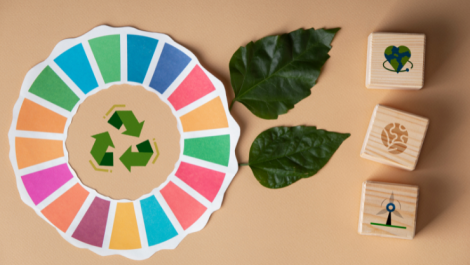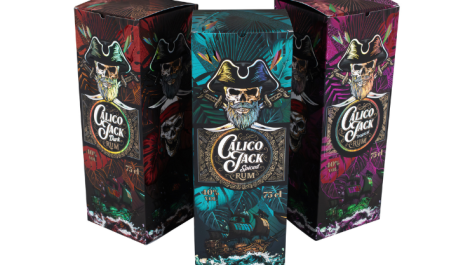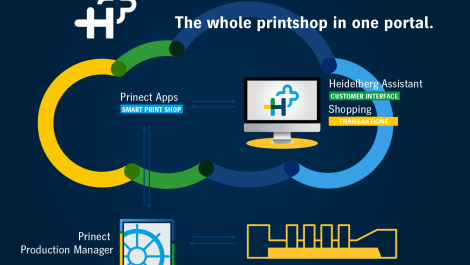The weekly Verdigris blog by Laurel Brunner.
Despite protestations to the contrary the steady destruction of Indonesian rain forests continues. A few weeks ago Asia Pacific Resources International Limited (APRIL), one of Asia’s larger pulp and paper companies requested the FSC to withdraw their Chain of Custody certificates (COC). A COC confirms that wood and wood-based products originate from sustainably managed forests. Serious stuff indeed, but this is more than a local squabble between FSC and APRIL. And as always with forests and mega corps, it is not a simple matter.
The dispute began when Greenpeace, WWF Indonesia and the Rainforest Action Network complained to the FSC that APRIL was violating the FSC’s rules. APRIL continues to tear down natural forests in Indonesia, replacing them with plantations. Over the last few years APRIL has turned 200,000 hectares of Sumatra’s rainforests, much of it home to endangered elephants and tigers, into plantations. The group is also trashing High Conservation Forests, forest the FSC designates as having rare, threatened or endangered ecosystems or that are necessary to meet the needs of local communities. APRIL’s argument is that this is fine because “APRIL [is] … working towards developing a renewable and sustainable plantation fibre supply to meet the fibre needs of the future, which is what was done by companies in developed countries in the past.”
This is the nub of the problem. How can developed countries disallow undeveloped ones the same rights that they enjoyed? So goes the argument, but it’s a specious one. Mistakes made in ignorance should not be repeated in the light of new knowledge: we know what the losses will be, unlike in the past when the implications of resource and species loss were not fully understood. The focus should instead be on identifying business models based on sustainable practises, not resource destruction.
The WWF and its cohort are asking APRIL to simply stop what it is doing, which is silly and rather pointless because natural forest destruction is a fundamental part of the company’s business model. Subjective values are always tricky to share so further dialogue between APRIL and FSC is imperative. APRIL has publically stated it is open to dialogue with the FSC and the FSC is considering its response. A conversation has to happen but ultimately it is up to the Indonesian government to preserve the country’s natural resources in the interests of its people and of future generations. It is also up to market dynamic but this is tricky too as the balance between cost and value gets more complicated.
http://verdigrisproject.com/blog/the-economics-of-green
This article is part of the Verdigris series of stories about understanding the environmental impact of print. The Verdigris Project is supported by Agfa Graphics, Canon Europe, Digital Dots, drupa, EcoPrint, EFI, Fespa, HP, Pragati Offset, Ricoh, Splash PR, Unity Publishing and Xeikon.





